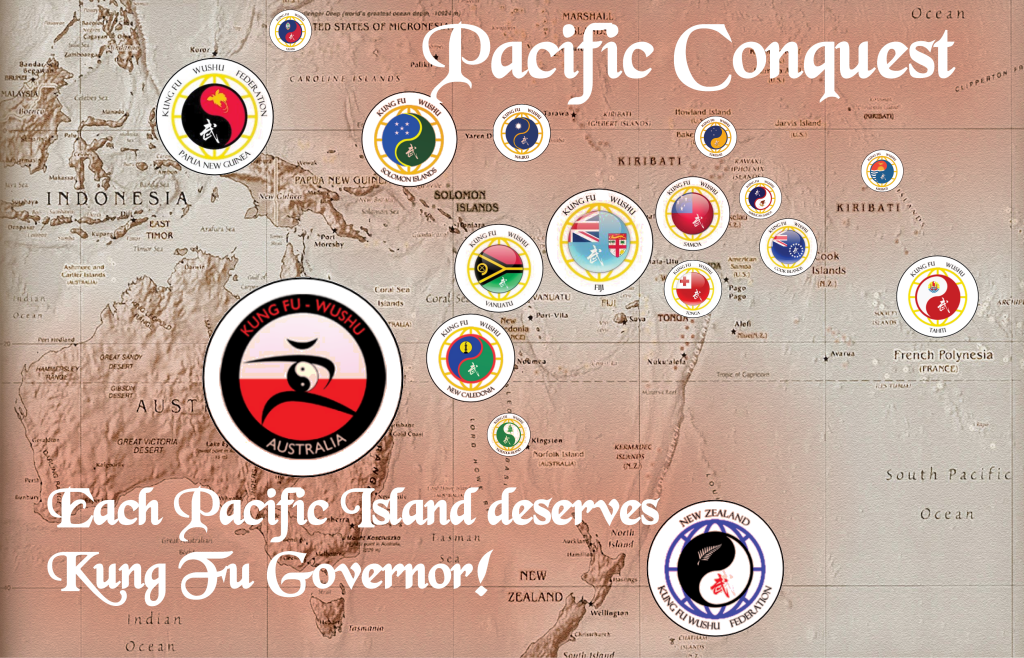
Considering the current ambitions and scale of expansion of the Oceania Kung Fu Wushu Federation Limited (formerly known as Kung Fu Wushu South Australia Limited), you could imagine the magnificence of the recent Oceania Kung Fu Wushu Championships taken place on 21 October 2018 in Melbourne.
Have a look at the clip compiled from the videos published by Councillor Sean O”Reilly. After a cute Dragon Dance, if you are still watching, you will see Mr Dana Wong, the President of Kung Fu Wushu Victoria, opening the competitions, Mr O”Reilly greeting the unsuspected participants on behalf of Greater Dandenong City Council and Mr Glen Keith, introduced as a Senior Vice-President of the Oceania Kung Fu Wushu Federation. As you might remember, Mr Keith used to be the President of Oceania Wushu Federation – the organisation that ceased to exist after Glen unsuccessfully challenged the position of the IWUF (International Wushu Federation) President. During his presidential campaign, Mr Keith strongly criticised IWUF for its policies, particularly, in regard to so-called “Post Box” Member Organisations (It’s still online).
Apparently, something (or someone) has changed since then and now we see Mr Glen Keith happy to welcome a dozen or so new Oceania Members joining the Federation under new management. Among them are Norfolk Island – an external Australian Territory with population ~1,800 – and Tokelau – a dependent Territory of New Zealand with population ~1,500. Papua New Guinea, Vanuatu and Fiji are, of course, much bigger but we are yet to see their contribution to the development of Wushu in our region.
The rest of the Competition will forever remain in the memories of those who attended it but is unlikely to be known to the rest of the world. The last published results of Oceania Championships belong to 2014…

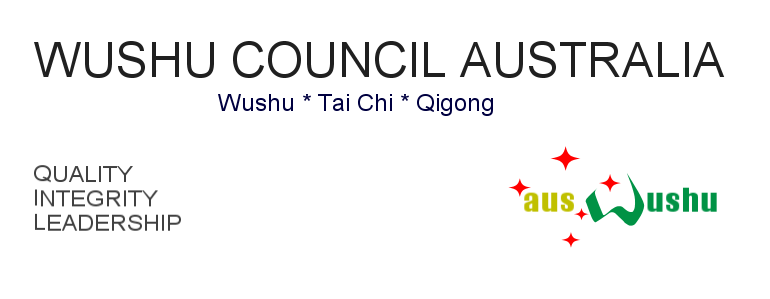
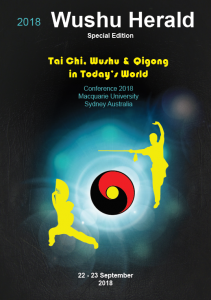

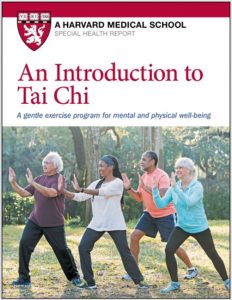 As an ancient Chinese practice, tai chi may seem foreign and even intimidating. Perhaps your only experience with tai chi is watching video clips or seeing photos of large groups of Chinese people doing tai chi in parks—a rare occurrence in the United States. Only about 1% of the U.S. population, or about 3.65 million Americans, reported doing tai chi in 2015. That means a lot of Americans are missing out on myriad benefits that tai chi has to offer. The goal of this report is to make tai chi more familiar, more accessible, and easy to practice regularly—even right in your living room.
As an ancient Chinese practice, tai chi may seem foreign and even intimidating. Perhaps your only experience with tai chi is watching video clips or seeing photos of large groups of Chinese people doing tai chi in parks—a rare occurrence in the United States. Only about 1% of the U.S. population, or about 3.65 million Americans, reported doing tai chi in 2015. That means a lot of Americans are missing out on myriad benefits that tai chi has to offer. The goal of this report is to make tai chi more familiar, more accessible, and easy to practice regularly—even right in your living room.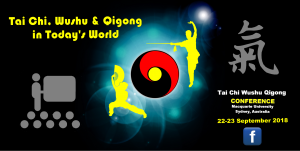 The Organising Committee is inviting everyone interested in Tai Chi, Qigong and Wushu to take part in the forthcoming inter/multidisciplinary Conference in Sydney at Macquarie University on Tai Chi, Wushu and Qigong in Today’s World.
The Organising Committee is inviting everyone interested in Tai Chi, Qigong and Wushu to take part in the forthcoming inter/multidisciplinary Conference in Sydney at Macquarie University on Tai Chi, Wushu and Qigong in Today’s World.